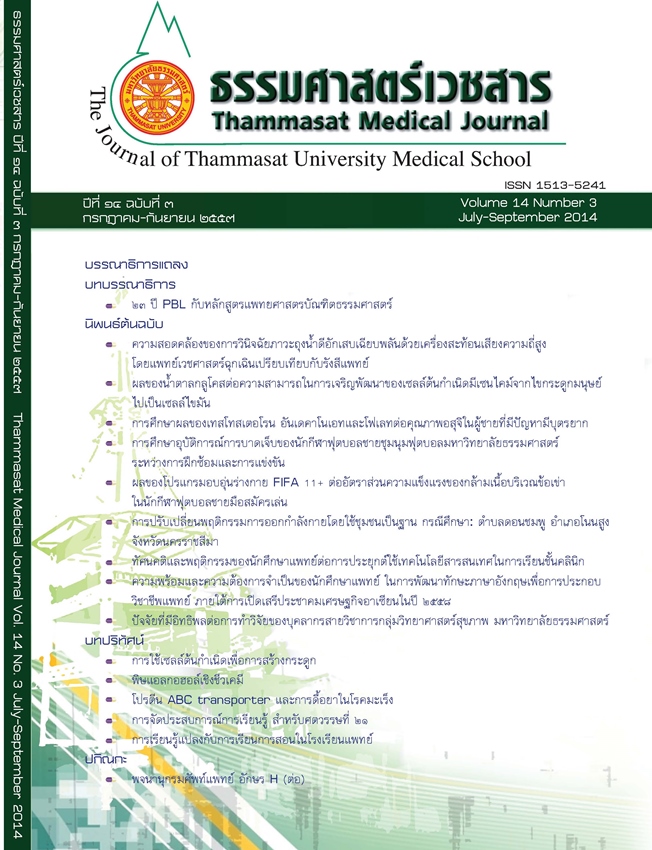Biochemical alcohol intoxication
Keywords:
Alcohol, Alcohol dehydrogenase, Aldehyde dehydrogenase, Cytochrome P450 enzyme, Genetic polymorphism, Fetal alcohol syndromeAbstract
This article discusses the biochemical mechanisms involved alcohol drinking and how it affects metabolism and becomes harmful to humans. Alcohol is popular in festive gatherings. Alcohol drinking stimulates blood circulation, making people feel relaxed and reduced anxiety. However, continuous and excess alcohol drinking can cause egregious harm. International Agency for Research on Cancer (IARC) already declared that alcohol drinking is class I carcinogenic to humans in 1988. Metabolic products of alcohol cause changes in the body from the molecular level in macromolecules such as lipids, proteins and DNA up to the tissue and organ level resulting in various negative effects such as low blood sugar, lack of energy, lack of essential nutrients, fatty liver, liver fibrosis, hepatitis and pancreatitis, lack of consciousness, impaired decision and neurological disorders. The most dangerous effect of these metabolic products are free radicals and protein/DNA adducts that can damage organs continuously, and cause serious diseases including cancer. In addition, fetal alcohol syndrome as known the effect of mothers’ alcohol consumption as well as genetic polymorphisms which makes individual’s unique reactions against alcohol and different health effects are also discussed.
Keywords: Alcohol, Alcohol dehydrogenase, Aldehyde dehydrogenase, Cytochrome P450 enzyme, Genetic polymorphism, Fetal alcohol syndrome


